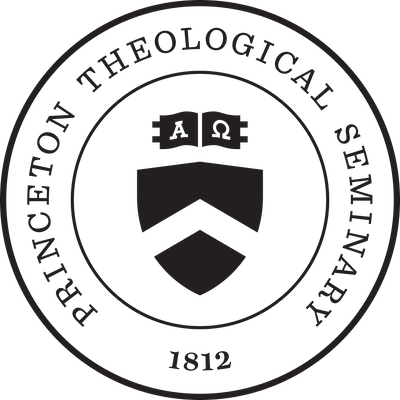Item Details
The Religious A Priori in Otto and its Kantian Origins
Series: Karl Barth Conference
Series: Anticipations (1900-1919), Lecture 2
| Author | Mariña, Jacqueline |
|---|---|
| Date | 2017 |
| Duration | 46:54 |
| Format | Audio |
| Genre | Public Lecture |
| Language | English |
| Recorded | June 19, 2017 |
| Subject | Theology |
| Notes | Lecture 2 of 5The conference is organized by three thematic units that follow each other chronologically: 1. Anticipations (1900-1919), 2. Parallel Movements (1919-1926), 3. Disruption (1927-1933). The conference began with the introductory event: Introduction: “1917”—“1883”—“1933”.Conference Exposé: "The years from 1900-1933 represent some of the most productive years in the history of German Protestant theology. New interests in history and religious experience would be brought to bear on the study of Martin Luther. No longer would his thought be construed as a system of theology. Rather he would be seen as the paradigm for a religious experience that had initiated the birth of Protestantism. Luther’s work that consolidated what would later be called the “Luther Renaissance” was the publication of his Commentary on Romans (1515/16) in 1908. In 1919 Karl Barth published the first edition of his Letter to the Romans. “Dialectical theology”, the movement that Barth would be closely identified with, had emerged. How are the two movements, the Luther Renaissance and dialectical theology, related? The conference “Luther and Barth During the Weimar Years (1905-1922)” investigates the intellectual, historical, philosophical, and theological impulses informing both movements, their interconnections, and their eventual coming apart. The conference will also serve as opportunity to introduce the groundbreaking work of contemporary German theologian Heinrich Assel to the English-speaking world."2017 Annual Karl Barth Conference held at Princeton Theological Seminary, June 18-21, 2017"In this unit, a number of impulses that gave rise to the Luther Renaissance and Dialectical Theology will be considered. The Jewish neo-Kantian philosopher Hermann Cohen is the most important formative influence on both movements. Yet anti-semitism characterized German culture at the time, a consideration that must be taken into account in this formative period that initiates Luther as Germanic Luther. Furthermore, the Romans commentary from 1908 stands as the watershed date." |
| Collection | Princeton Theological Seminary Media Archive |
| Contributor | Princeton Theological Seminary |
| Rights |

